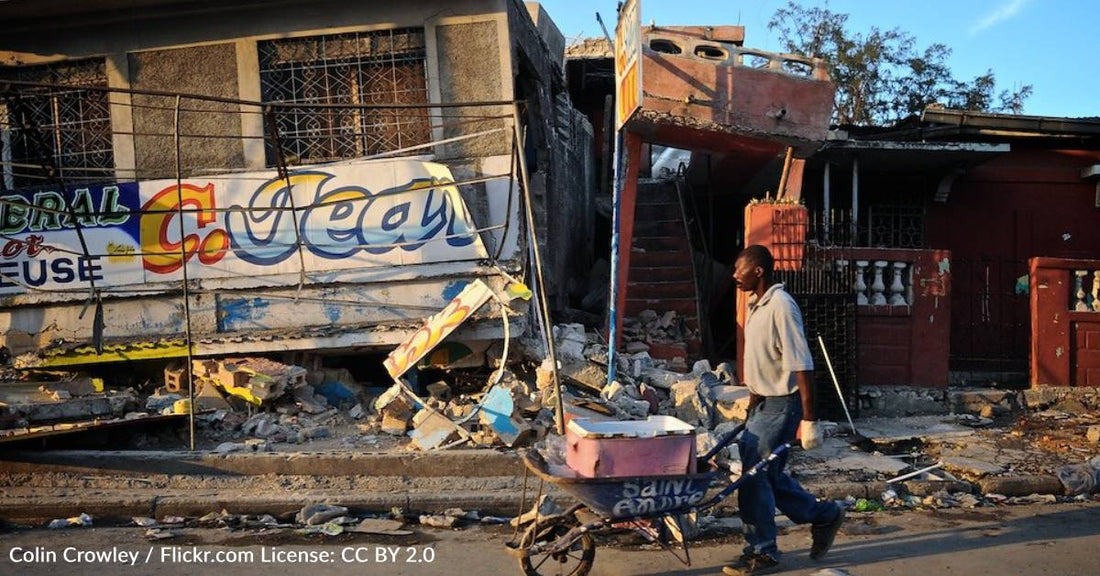UN's World Food Program Unable To Feed 100,000 Haitians This Month After Budget Cuts
Malorie Thompson
100,000 people in Haiti will be without food assistance from the UN's World Food Programme after the program suffered budget cuts this month.
According to the WFP, Haiti has one of the highest levels of food insecurity in the world. Around half of all Haitians don't have enough food to eat, and 1.8 million are facing emergency levels of food insecurity.
 Photo: Pexels/Zachary Vessels
Photo: Pexels/Zachary Vessels
A combination of poor performance of the agriculture sector and natural disasters have created a climate in Haiti with unprecedented level of humanitarian needs.
The WFP announced on July 17th, 2023, that it had to "slash food assistance as one in two Haitians go hungry."
The press release said that the organization "has been forced to cut the number of people receiving emergency food assistance in Haiti by 25 percent in July, compared to the previous month, due to dwindling funding levels. Tragically, this means 100,000 of the most vulnerable Haitians are forced to get by without any WFP support this month."
"These cuts could not come at a worse time, as Haitians face a multi-layered humanitarian crisis, their lives and livelihoods upended by violence, insecurity, economic turmoil and climate shocks. Unless we receive immediate funding, further devastating cuts cannot be ruled out," Jean-Martin Bauer, WFP Country Director for Haiti, said in the press release.
Back in October 2022, WFP announced that Haiti was experiencing "catastrophic" levels of hunger for the first time. "An unrelenting series of crises has trapped vulnerable Haitians in a cycle of growing desperation, without access to food, fuel, markets, jobs and public services, bringing the country to a standstill," the press release noted.
The WFP desperately needs additional funding to amp up its aid.
The WFP ended its announcement saying, "WFP has doubled the number of students who receive school meals made entirely from local produce. But funding shortfalls mean these gains are at risk.

 Photo:
Photo:  Photo:
Photo: 
